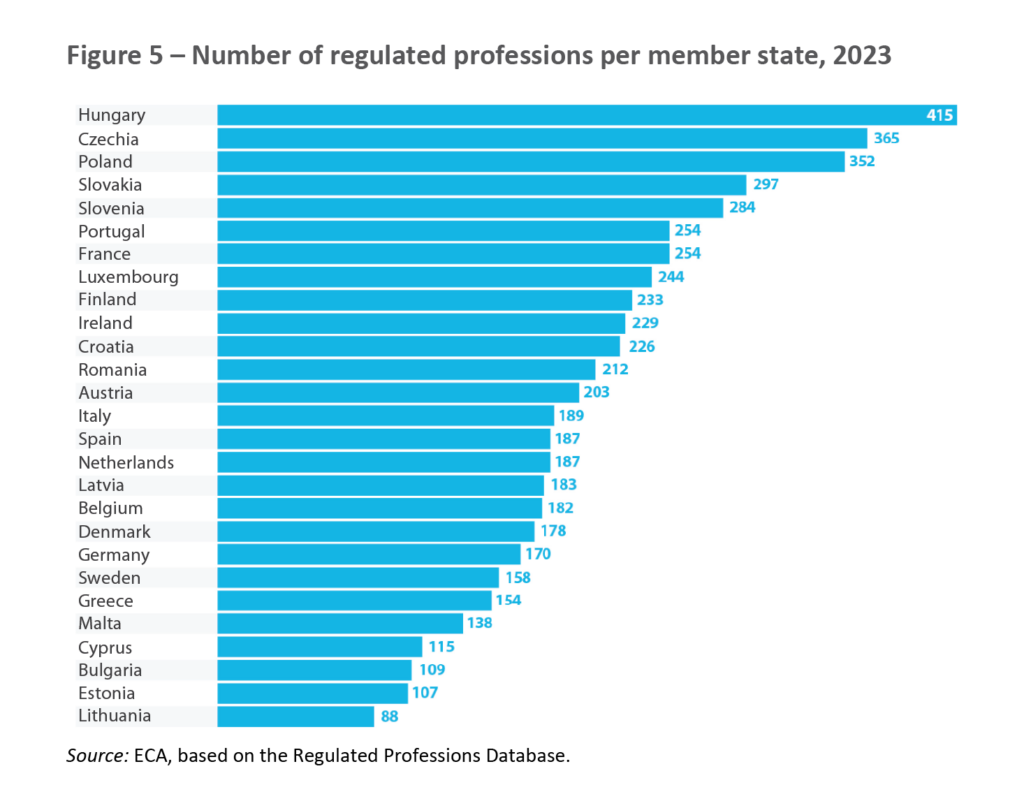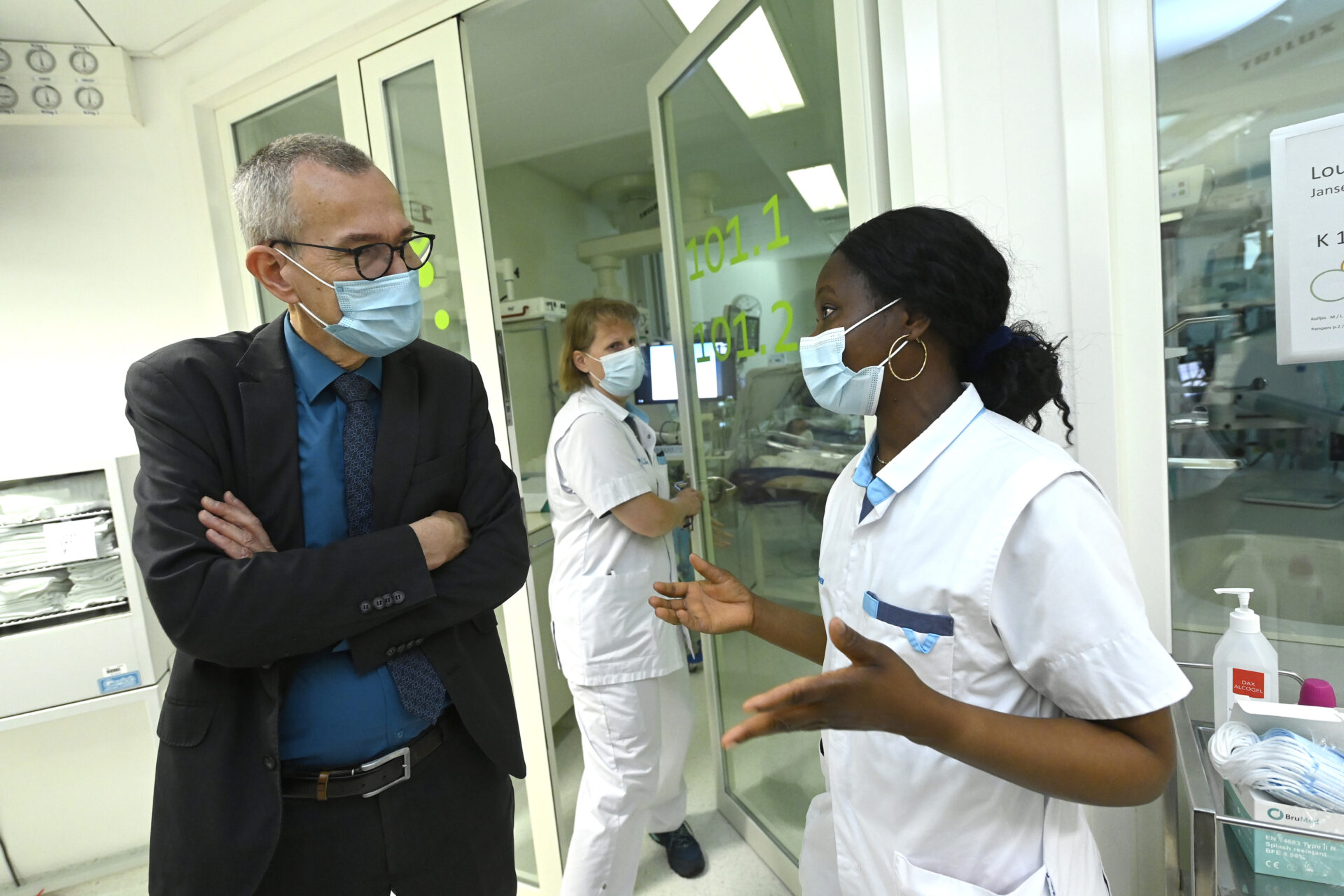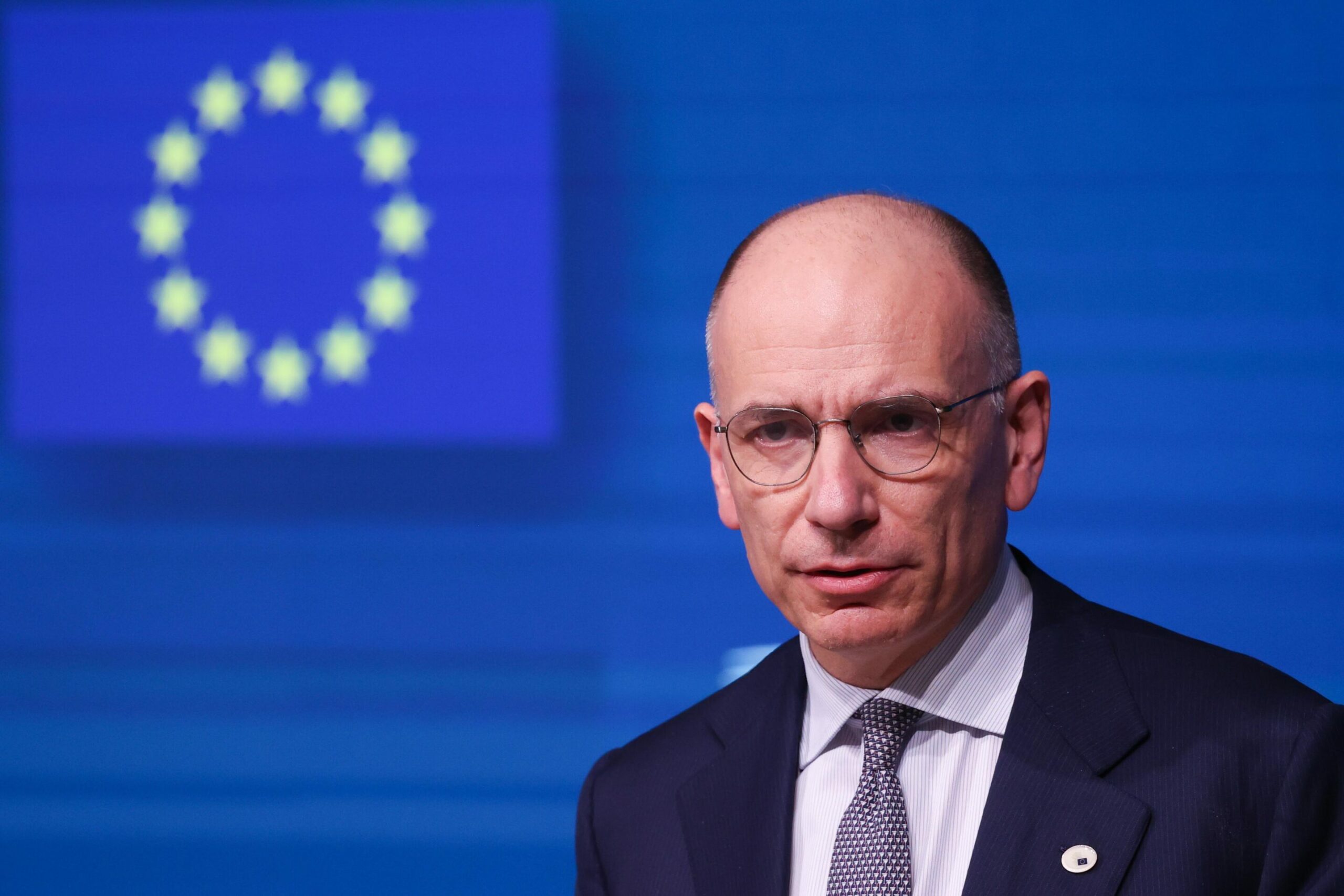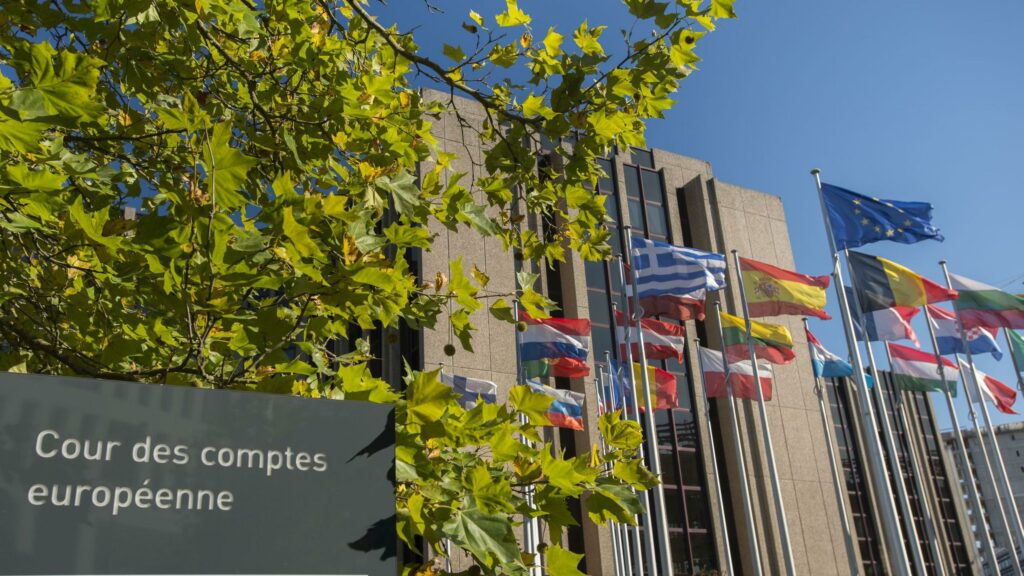The recognition of professional qualifications in the EU is essential for the functioning of the internal market but is used sparsely and inconsistently, according to a special audit report published on Monday by the European Court of Auditors (ECA).
With EU citizens having the right to move freely between Member States for employment purposes or start a business, the EU adopted in 2005 a directive on the recognition of professional qualifications. It aims to prevent EU Member States from imposing excessive conditions on citizens from another one wishing to carry out a regulated profession in another.
The directive was updated in 2013 and had to be transposed into national law by 2016 – but the transposition did not go smoothly and the European Commission launched infringement procedures the whole EU28 (as it was before the UK's exit).
In February 2024, 12 countries in the EU still had outstanding infringements, according to ECA. Member States are entitled to lay down rules for access to a number of professions, which are then known as "regulated professions". Nurses, physicians, teachers, but also carpenters and ski instructors, are among the most mobile regulated professions. The number of regulated professions varies considerably (from 88 in Lithuania to 415 in Hungary), with an average of 212 professions.
 "A nurse or mechanic who wants to work in another Member State can be discouraged by the process of having their professional qualifications recognise," said Stef Blok, the Dutch ECA member responsible for the audit and a former minister.
"A nurse or mechanic who wants to work in another Member State can be discouraged by the process of having their professional qualifications recognise," said Stef Blok, the Dutch ECA member responsible for the audit and a former minister.
"It can be a long and excessively bureaucratic process. We found huge procedural disparities between Member States when they apply EU rules"

Former Belgian Health and Social Affairs minister Frank Vandenbroucke talks to a nurse. Credit: Belga / Didier Lebrun
Most EU labour mobility is not subject to recognition of professional qualifications, he added. The auditors calculated that professional recognition is only used in 6% of the cases of EU mobility. However, there is no data showing how many EU citizens have moved to another country without being able to exercise their profession there because their qualification was not recognised.
For the jobs that require professional recognition, shortcomings persist in the application of the directive. At times, excessive documentation is requested (motivation letters, sworn translations, or proof of residence before actually moving to the country). Other shortcomings include the lack of electronic procedures, or a lack of justification of the way fees are calculated.
E-government issues
Under the directive, the entire EU27 must ensure that citizens who wish to have their profession recognised abroad must have access to an online procedure (e-government).
Only two countries, Denmark and Estonia, reported that they allowed fully online procedures, or use of email, without requesting additional physical documents, for all regulated professions.
According to the auditors, there is rarely any justification of the way fees are calculated, or the reasons why these fees differ considerably between Member States or authorities (from €0 to €17,500 for pilots in one country). In Belgium, most of the recognition procedures are free of charge.

Startscreen of the Mygov app in French, at the launch of the 'Mygov.be' application, in Brussels, Tuesday 14 May 2024. Credit: Belga / Benoit Doppagne
A point that ECA member Stef Blok personally found worrying is the lack of legal obligation to use the alert mechanism in the system for professionals, for examples child care workers and school teachers, with a criminal record or reported misconduct.
Asked to comment on the audit report, a Commission spokesperson replied that the Commission has accepted all audit recommendations. The Commission shares ECA’s view that a robust system for the recognition of professional qualifications is needed to allow EU citizens to move seamlessly across the EU for work.
Improve single market
The current rules set limits for excessive regulation of professions by Member States but there is room for improvement in the implementation.
A recent example is the work in the Single Market Enforcement Taskforce (SMET) to remove barriers to the single market. In 2023, Member States committed to remove disproportionate prior checks in hundreds of regulated professions.
In April 2024, the President of the Jacques Delors Institute, Enrico Letta, presented a report requested by the European Council entitled "Much more than a market". The report aims to contribute to the reflection on the future of the single market.
In its conclusions, the Council stressed the importance of ensuring fair and effective professional mobility and the recognition of professional qualifications in the Union (paragraphs 18 and 26 of the Council conclusions). It will be up to the coming Commission to submit concrete proposals on this specific topic, according to a spokesperson for the Belgian EU Presidency.

Former Italian Prime Minister Enrico Letta published a report on the future of the Single Market. Credit: Belga
For the audit, ECA visited four Member States (Austria, Belgium, Czechia, and Luxembourg) and carried out a survey with 3100 bodies registered by the Commission as competent authorities in all Member States in the Internal Market Information System module for professional qualifications. The response rate in the survey varied widely, from 100% in Sweden to 8% in Germany.
The audit scope did not include recognition procedures for citizens who obtained qualifications outside the EU and the system for recognition of academic qualifications. Another issue outside the scope was the recognition of qualifications of third country nationals. In November 2023, the Commission presented a non-binding mobility package to make EU more attractive to talent from non-EU countries.
M. Apelblat
The Brussels Times

